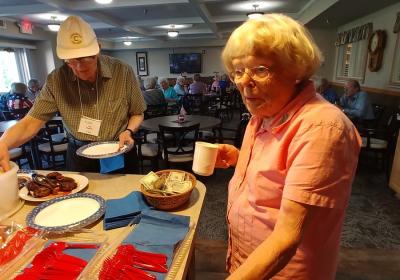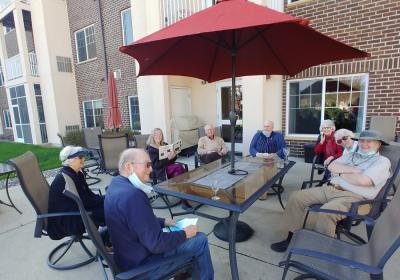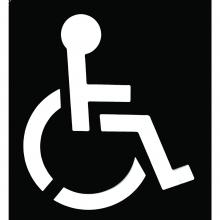Cooperatives
A housing cooperative is a legal entity – usually a non-profit corporation that owns real estate. The shareholders in the housing cooperative are its occupants who purchase a share granting the right to occupy one housing unit. Each owner pays a monthly fee covering their proportional share of the expense of operating the corporation (based on the size of the home). The operating fee covers mortgage, taxes, insurance, utilities, maintenance, and contributions to reserve funds. Each cooperative home owner is entitled to the same tax advantages as any other home owner. Further, a cooperative home can be homesteaded.
All affairs of the corporation are managed by a board of directors elected by the shareholders (members) from among the membership. Professional real estate management is usually retained to oversee day to day operations, but all financial and strategic decisions are made by the board with guidance from member committees.
HISTORY:
It is believed the first housing cooperatives were formed in the late 19th century. Today, the Dakota in New York City (of John Lennon fame) and 999 Lake Shore Drive in Chicago are two of the more notable examples. Senior cooperatives (in some cases members must be 55+ and in others 62+) evolved in the 1970s. The concept caught on, especially in Minnesota where state legislation regulates how co-ops are operated and establishes the rights and obligations of shareholders. There are more senior co-ops in Minnesota than any other state in the country.
The board of directors typically elects its own officers, such as a president, vice-president and so on. The board may then establish standing committees from among the shareholders to make recommendations to the full board. Standing committees typically include finance, property, marketing, and policy.
There are two types of housing cooperatives; market rate and limited equity. In a market rate co-op, the share price floats on the open market…shareholders may sell at whatever price the market will bear. In a limited equity co-op, the share price is secure. The value appreciates at a fixed rate. The purchase price of a comparable limited equity co-op is typically much lower than a market rate co-op. The limited equity concept maintains affordability thus facilitating a timelier resale.
ADVANTAGES:
When summarizing the advantages of senior cooperative living, advocates usually speak of an affordable, convenient, independent life-style free of the responsibility and expense of home ownership. The three pillars of that lifestyle are:
1. Security: Both physical and financial. A modern building structure incorporates many of the elements that provide physical security: locked doors, perimeter lighting, indoor parking, security cameras, smoke and CO detectors, fire alarms, and a fire suppression system (sprinklers). The financial benefit of a limited equity co-op is security. Like a savings certificate (CD), the value of a limited equity co-op share is locked in. It grows at a fixed rate. Market fluctuations do not impact an owner’s return on investment.
2. Affordability: The purchase price of a limited equity share is often one third to one half the cost of a comparable market priced co-op or condominium. That is value! Further, the purchasing power of the cooperative allows the co-op to purchase services and commodities at bulk rates: utilities, cable TV and internet, cleaning services, entertainment, lawn care, snow removal, etc. The members of the co-op benefit from these savings.
3. Livability: Co-op members enjoy extended living areas which help enable an active lifestyle. For example: Underground parking with EV charging stations, and a car wash bay, a fully equipped workshop and exercise room, a lounge area, a multi-use room, a library, and a large community room with a full kitchen. Of course member interest and initiative is what drives the utilization of those facilities. Freed of the responsibilities of home maintenance, members are able to participate in any number of activities - some organized, some spontaneous.
It’s important to emphasize that all aspects of co-op living are member-managed...from creating the budget, to hiring staff, to setting house rules, to deciding what time to dim the hall lights. It’s all managed by a member-elected board of directors and operating committees of member volunteers. It truly is cooperative.




















